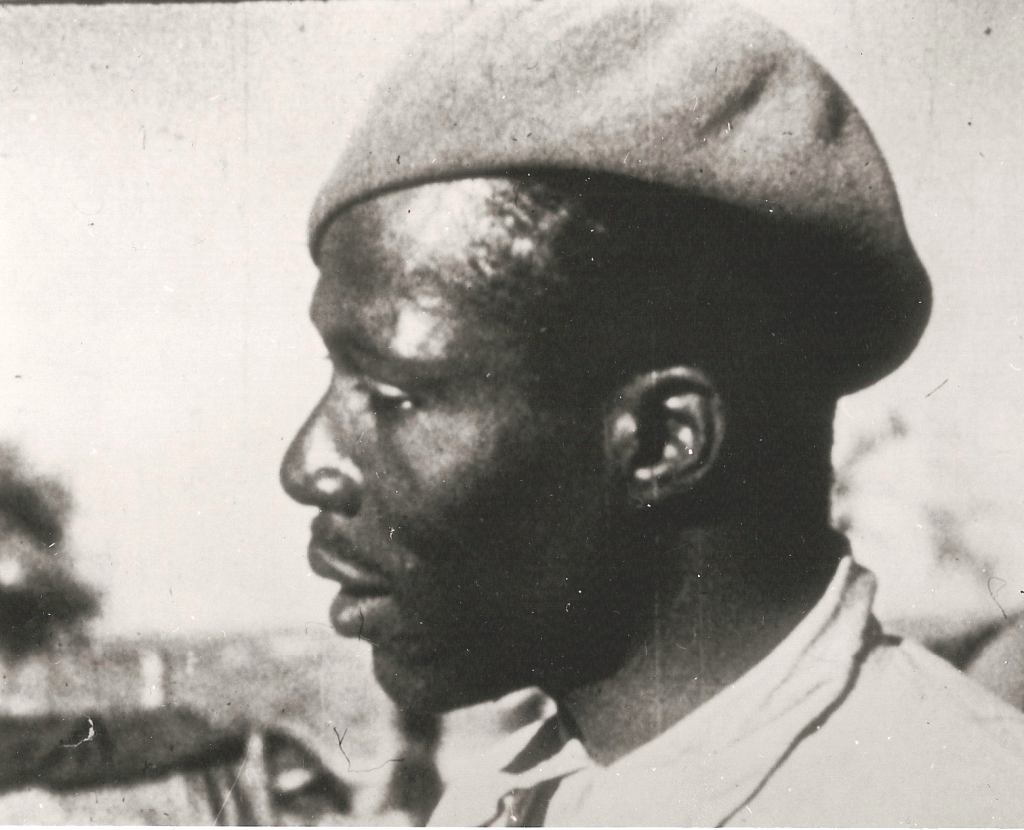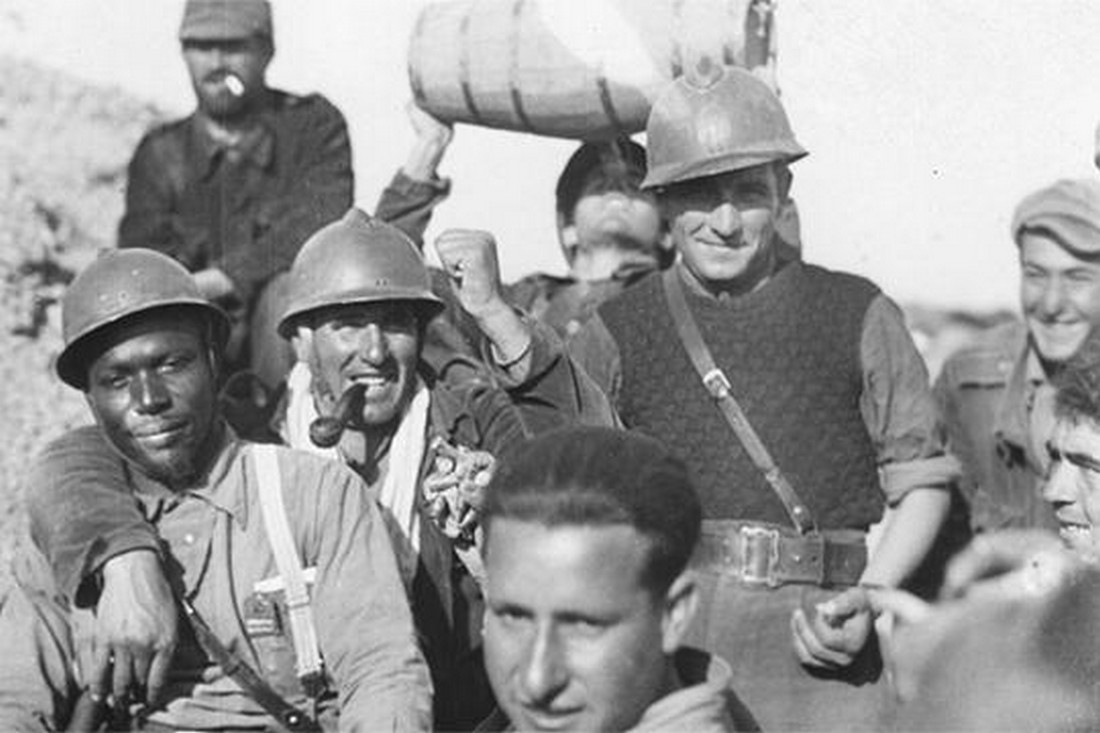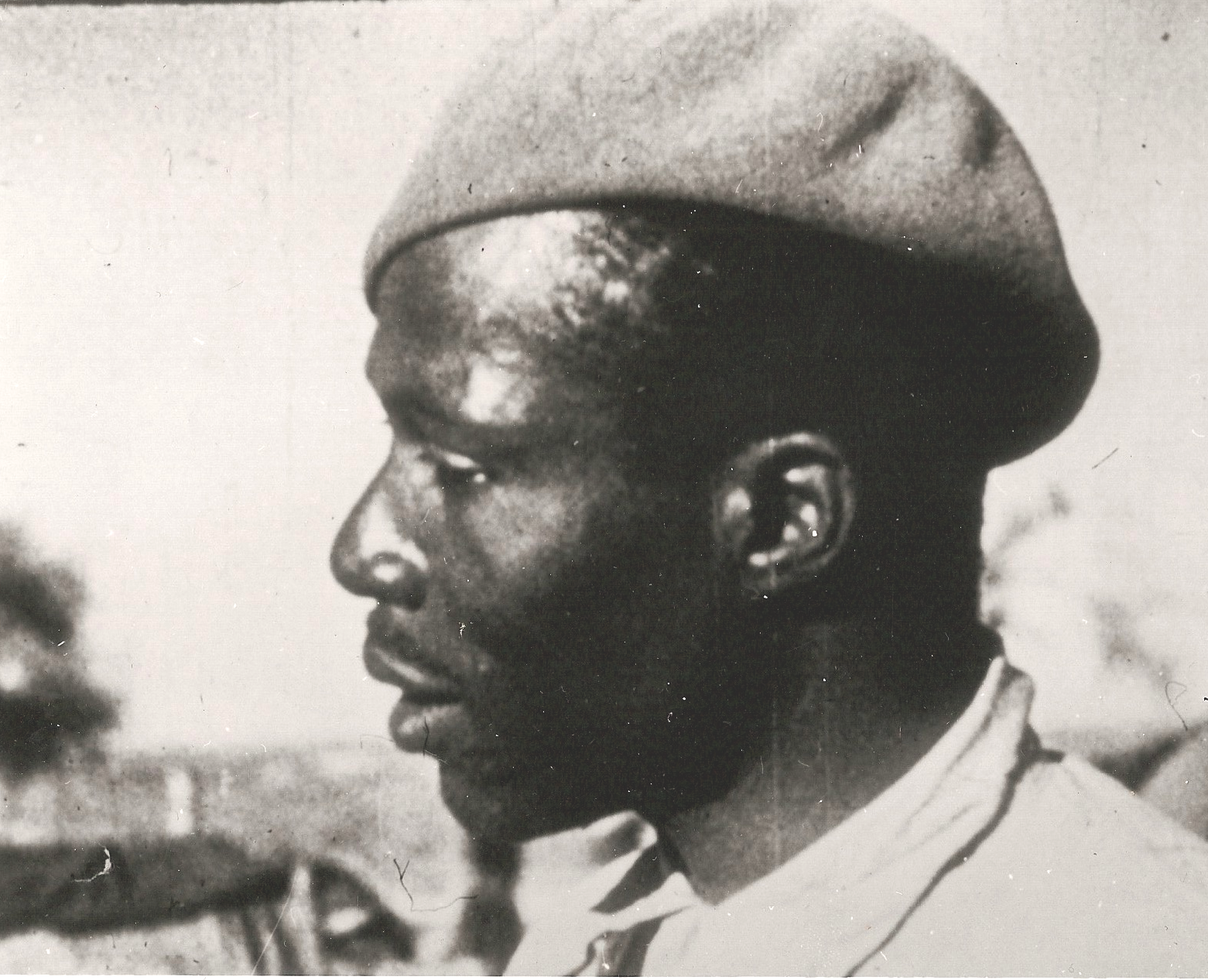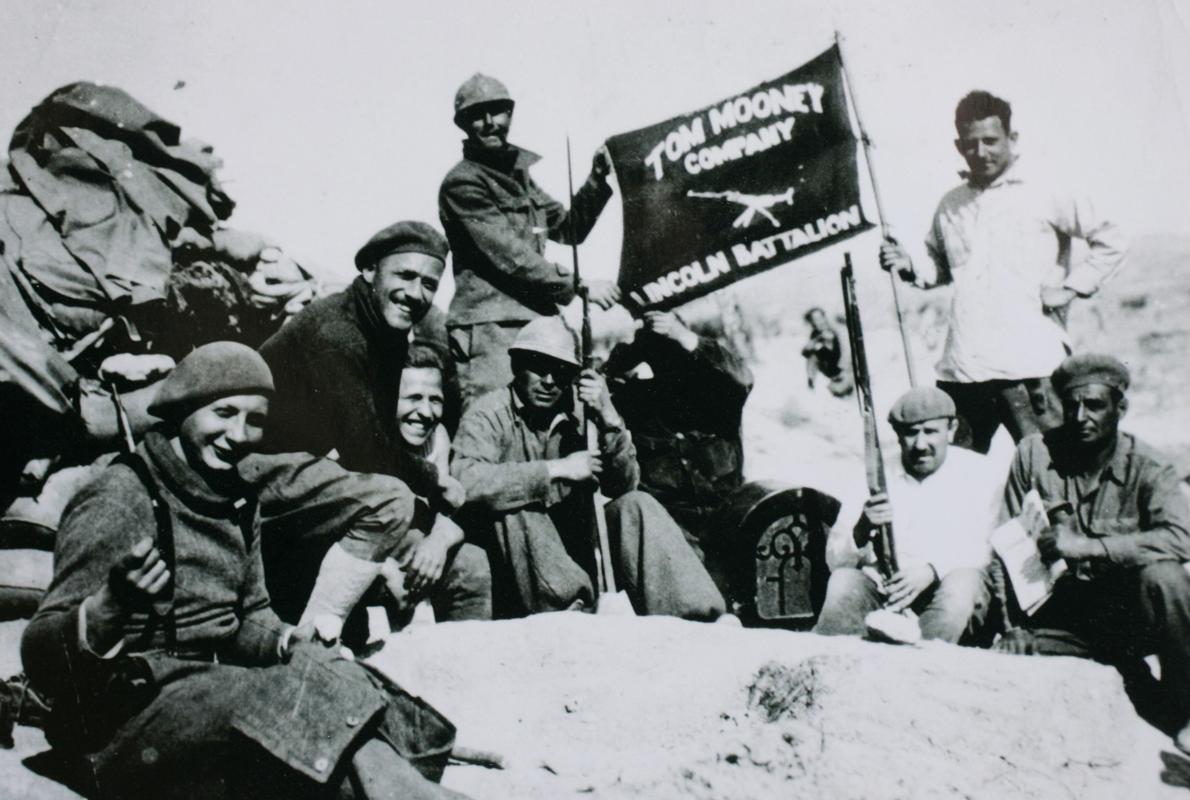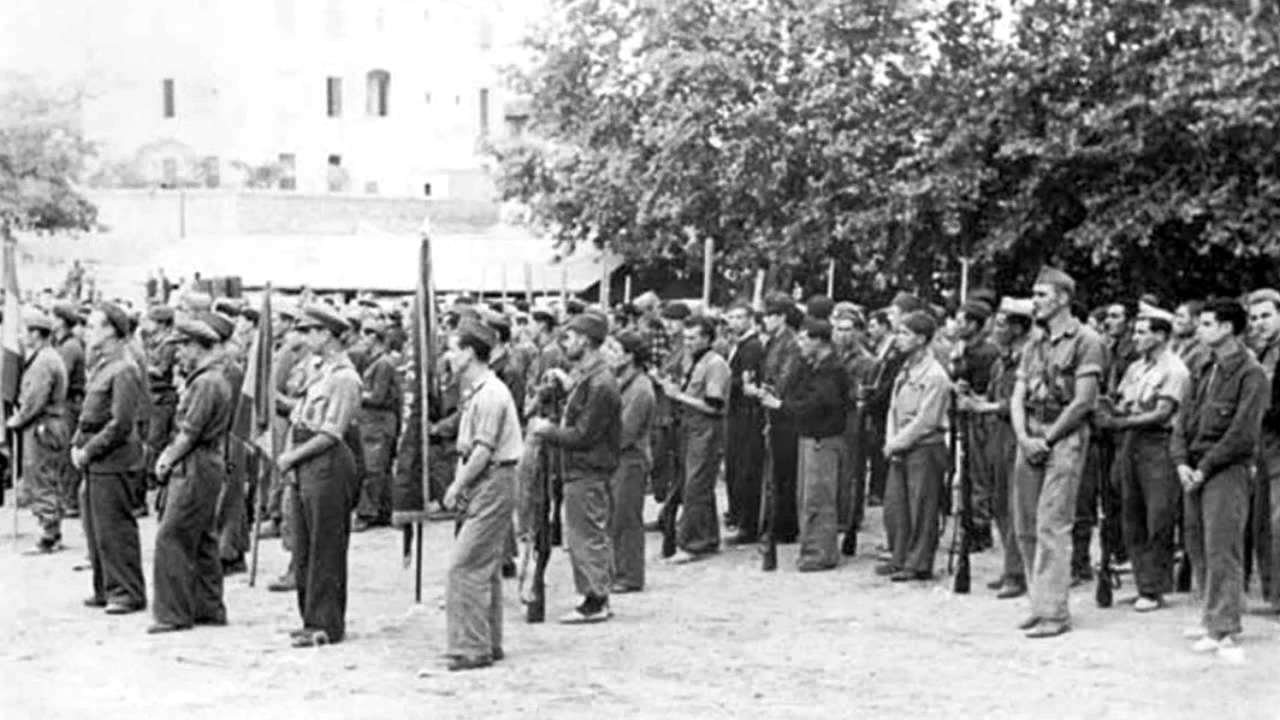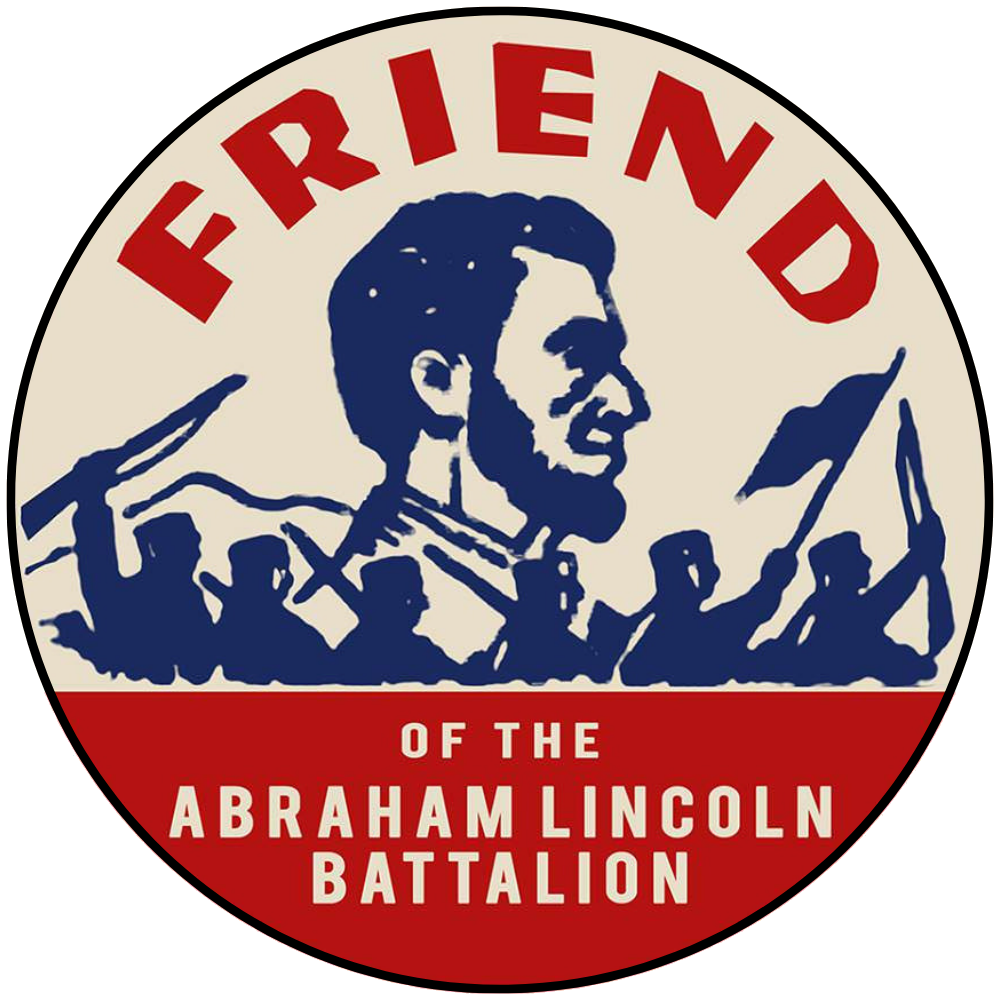David Horsley remembers the life and contribution of African American Communist and International Brigader, Oliver Law.
On 21st November 1987, the then mayor of Chicago, Harold Washington, declared that day Oliver Law Day. This was a most important recognition of the achievements of both Oliver Law and the members of the Abraham Lincoln Battalion of the International Brigades during the Spanish Civil War. This belated acknowledgement of one of the 2,800 US citizens who fought in Spain between 1936 and 1938 was also a tribute to the 90 of those volunteers who were African Americans.
Oliver Law was born in Texas in 1899. As a young man, he enlisted in the segregated US Army, served in France towards the end of the First World War and then reenlisted, possibly due to lack of work. In all, he was in the army for six years, but as a black man could not rise above the rank of Private First Class.
After he left the forces, he moved to Chicago and did a number of jobs, until like millions of others he became unemployed because of the Great Depression. The Communist Party of the USA from 1930 onward was laying special emphasis on the role of the black working class who were the most deprived, suffering the most from the mass unemployment as well as the vicious Jim Crow segregation of the Southern states and the racism in the rest of the country. The Party played the leading role in the labour movement in the fight for justice, workers rights and anti-racism.
Chicago had a vigorous and thriving local Party, and Law attended classes and meetings, soon becoming one of the most active members. In March 1930, 700 unemployed Chicago workers, led by Communists, held a meeting calling for unemployment insurance and relief. They had to pass through a double line line of police who promptly arrested 113 who were handed over to the notorious “Red Squad” whose speciality was dealing with communists.
After several hours, most were released but 14, including Oliver Law were now held for “special” questioning. This resulted in multiple injuries for the 14 with Oliver Law being hospitalised for a week because of the severe beating he received as a black communist. Once he was fit again, he continued his Party duties and organising the unemployed in Chicago. He also was a leading member of the Hands Off Ethiopia campaign after Mussolini’s invasion in 1935.
In 1936, General Franco, with the massive military aid of Mussolini and Hitler, revolted against the democratically elected government of Spain. With Britain, France and the USA joining the Non Intervention Committee, thus not allowing military aid to the Spanish republic, only two countries sent help. One was government of Mexico which did as much as it could, but the bulk of aid came from the Soviet Union, with tanks, planes, armaments and a number of experts. The Communist International called for volunteers to go to Spain to fight for the Republic and tens of thousands answered the call. Among these was Oliver Law, who arrived in Spain in January 1937.
Law was especially valued by the Abraham Lincoln Battalion due to his previous military experience. Many of the American volunteers were younger and less experienced in war than their European counterparts so he was group leader of a machine gun company. Law and his men took part in the bloody Battle of Jarama in February 1937, and another volunteer Mel Anderson vividly remembered spending most of a day in the trenches next to the “courageous Oliver Law”. Many died in the battle and US losses were great. After the battle, Law was promoted to commander of the machine gun company and Battalion Commander Martin Hourihan recommended him for officer training school.
When Hourihan fell ill soon after this, Law temporarily took his place as Commander and once Hourihan was fit he was promoted to regimental staff. Steve Nelson, Commissar of the Lincoln Battalion, along with Allan Johnson a high ranking officer and Harry Haywood, a leading Black Communist chose Oliver Law as commander of the US volunteers. Nelson later stated, “Law was the natural choice. A great asset, the guy who had the most experience, the most acquainted with military procedures on the staff at the moment.”
Oliver Law led the Lincoln Battalion for the next three months. Here was a man who because of his race could climb no higher than private in his segregated national army in six years, but in Spain, with the International Brigades, was commanding a battalion with a large majority of White Americans after six months. This after all was the spirit of all who had come to Spain to fight for the Republic, for freedom for all.
At the next major battle at Brunete, on 9th July 1937, Oliver Law led his troops in an attack on Mosquito Ridge. Harry Fisher, the battalion runner/messenger witnessed Law advancing ahead of his men, pistol in hand, urging them forward. In his own words, Fisher said, “He was the first man over the top … he was in the furthest position.” Fisher saw Law shot in the chest by fascist bullets and stated, “There is absolutely no doubt of the courage of Oliver Law.” David Smith, an American medic, witnessed this and after attempting to staunch the bleeding, dragged him to a first aid base where he died. He was buried in the country he came to in order to fight fascism and racism.
I have spent some time on the nature of his death because professional anti-communist, William Herrick who was a Communist and Brigader until 1939 and then turned renegade later suggested in a racist way that Law was unfit to be an officer and moreover was a coward. In his books and articles Herrick perpetuated these lies which have been taken up by anti communists both on the left and the right.
A “biography” of Law by Anthony Sparrowhawk, another fervent anti-communist who declares George Orwell as “my hero” has further stoked the fire of lies and hate Herrick began, and his bitterness against Communists stains his book. He doubts the testimony of Steve Nelson and others who knew Law, and even suggests people confused Law with another Black Brigader Harry Haywood. The hatred of these anti communists knows no limits.
I feel this brief outline of the life of an outstanding freedom fighter can be a small contribution to the knowledge of a Black American who became a Communist and gave his life in Spain in the fight against fascism and racism. Chicago Mayor Harold Washington’s declaration of Oliver Law Day in 1987 recognised Law as, “A leader of movements for the relief of the poor and for political rights for Blacks and working people in Chicago in the early 1930s. The first Black American to lead an integrated force in the history of the United States.”
Steve Nelson, Law’s comrade, returned to Spain with surviving Brigaders in 1986; at a ceremony in Villanueva Pardillo in honour of Oliver Law, he said, “The world hardly took notice at the time that among this group of people who came from the U.S. to fight to preserve democracy in Spain there were Black people and they were treated as equals and advanced on the basis of their ability. Oliver Law was selected by myself and others to command because he was the best man for the job. We didn’t say much at the time, but it is important that we recognise now that it was an historic moment – a Black man was placed in charge of a largely white unit for the first time in U.S. history. We want the world to share in the pride that we feel.“
David Horsley
David Horsley is a member of the Communist Party of Britain
Any comrades interested in reading more about Oliver Law and other African American Brigaders, the best book (if you can get it!) is “African Americans in the Spanish Civil War This Ain’t Ethiopia But It’ll do”, by Danny Duncan Collum. Easier to obtain as an overview of all the American Brigaders is Peter N. Carroll, “The Odyssey of the Abraham Lincoln Brigade”. Steve Nelson’s, “The Volunteers” Masses and Mainstream 1953 is an excellent account of Steve’s time in Spain with information on Oliver Law in Chicago and in Spain. He was the very popular Commissar of the Lincolns. “Black Americans in the Spanish Peoples War Against Fascism”, a pamphlet published in the ’70s by the CPUSA is also excellent. Lastly there is one excellent autobiographical account by an African American Brigader James Yates, ” Mississippi to Madrid Memoir of a Black American in the Abraham Lincoln Brigade”.

